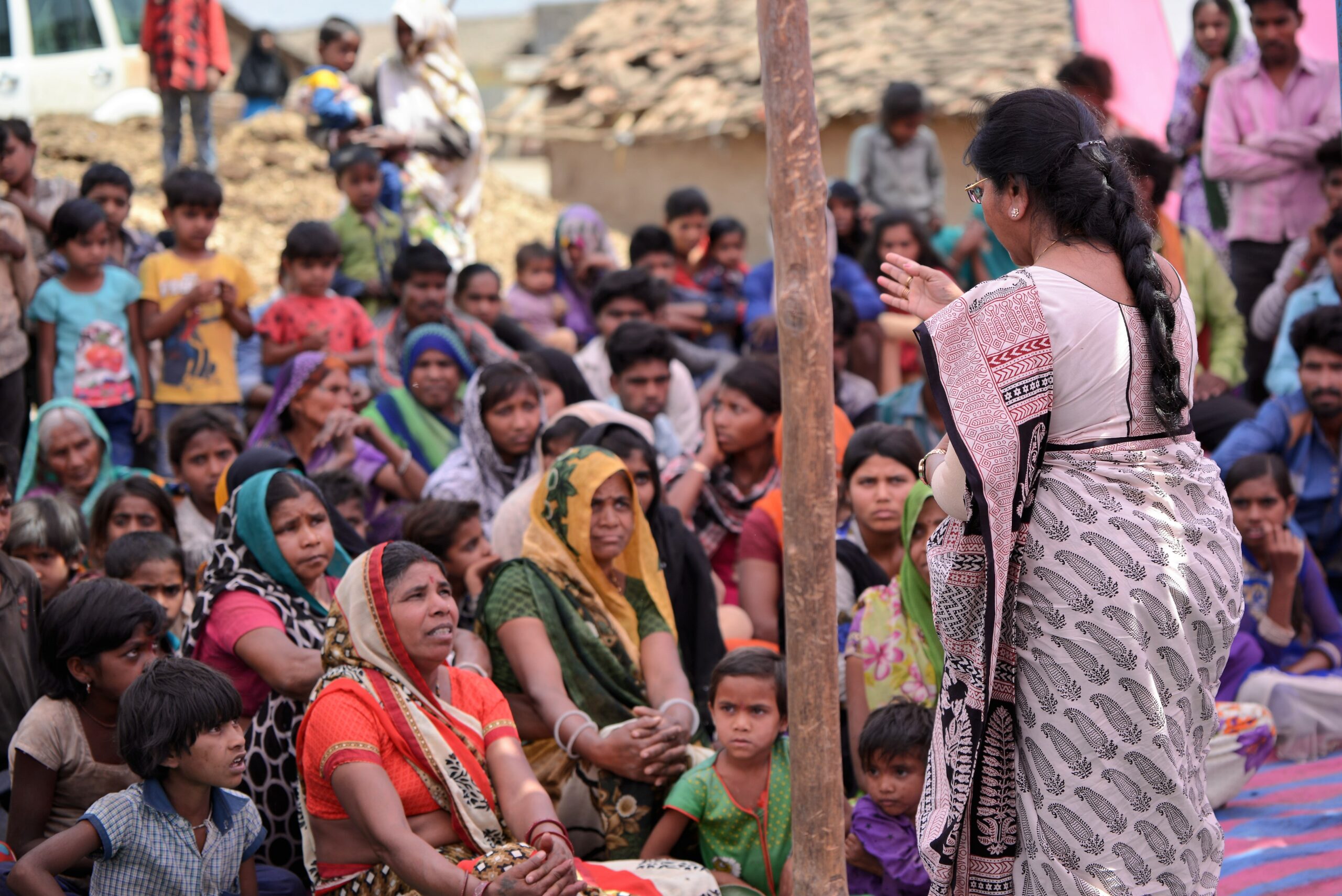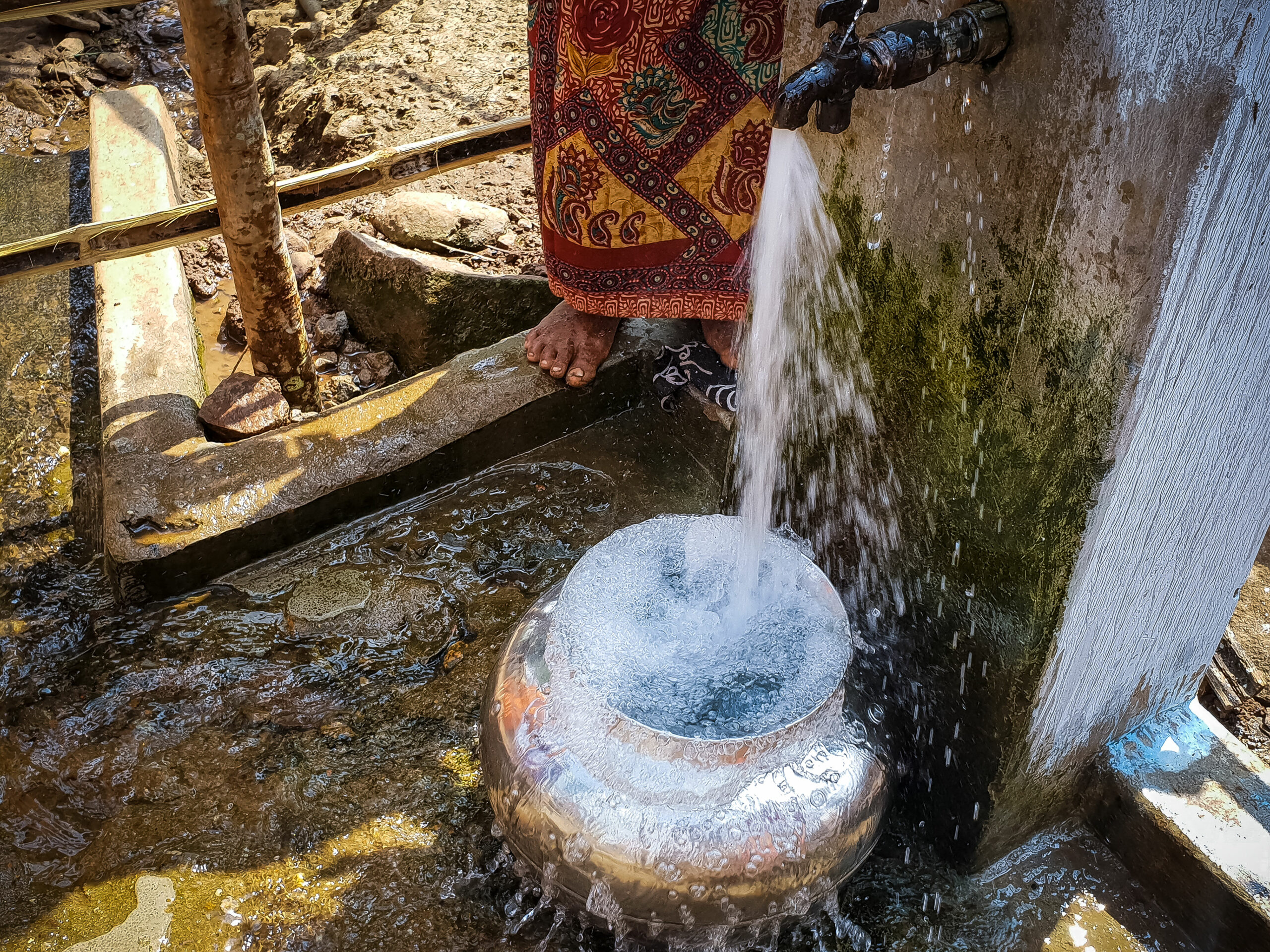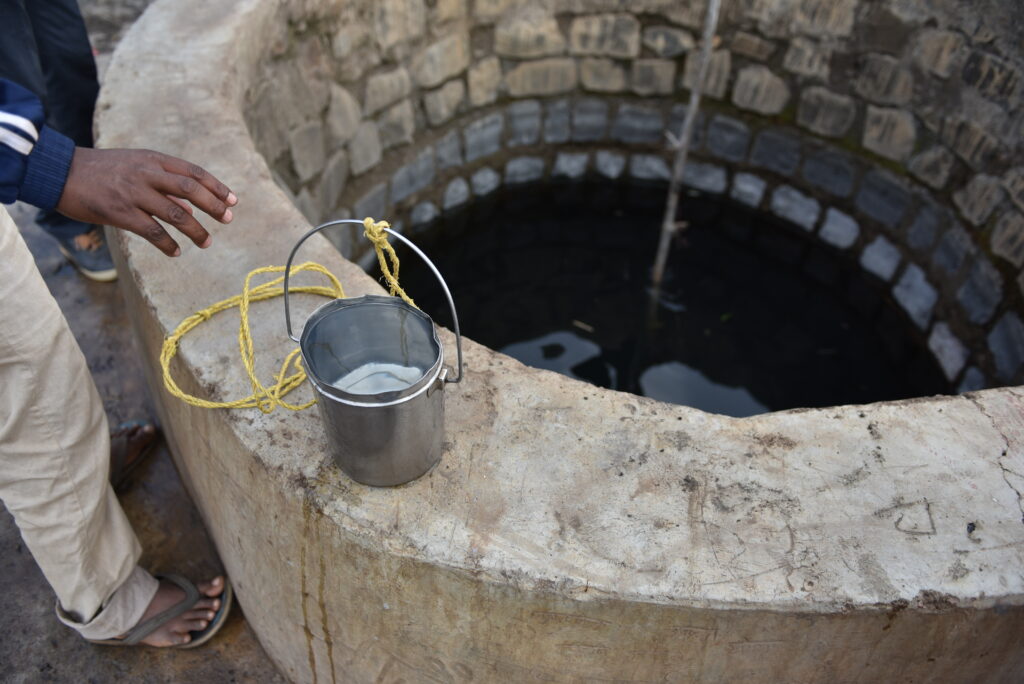Fluoride and arsenic are chemicals that occur naturally in rock and can leach into groundwater. In small quantities, they can be harmless, however, as groundwater levels fall, for example during droughts, any contamination becomes more concentrated and dangerous.
In many parts of central India, fluoride and arsenic poisoning has caused pain and physical disability for many millions of people, dramatically impacting their quality of life and future opportunities.
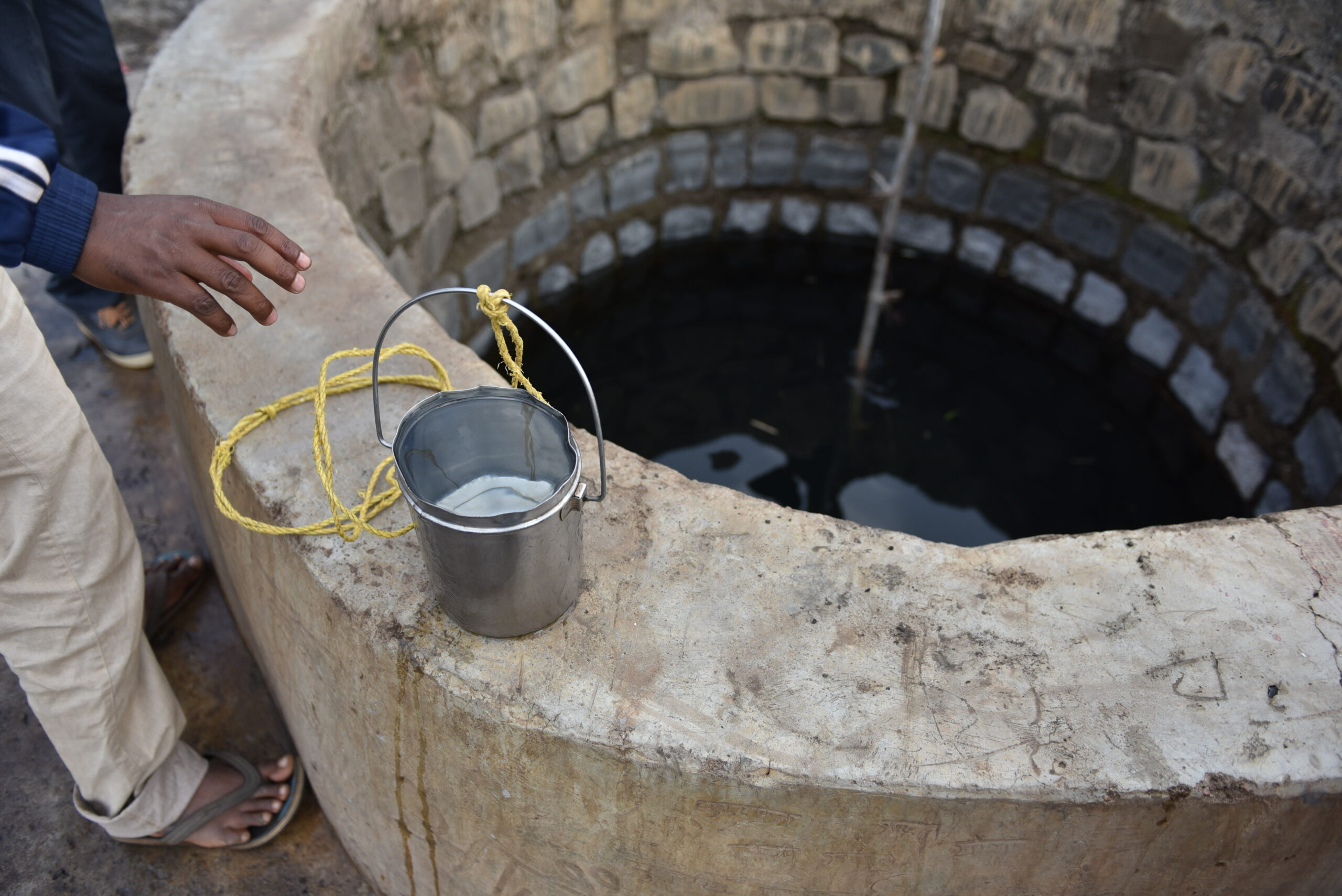
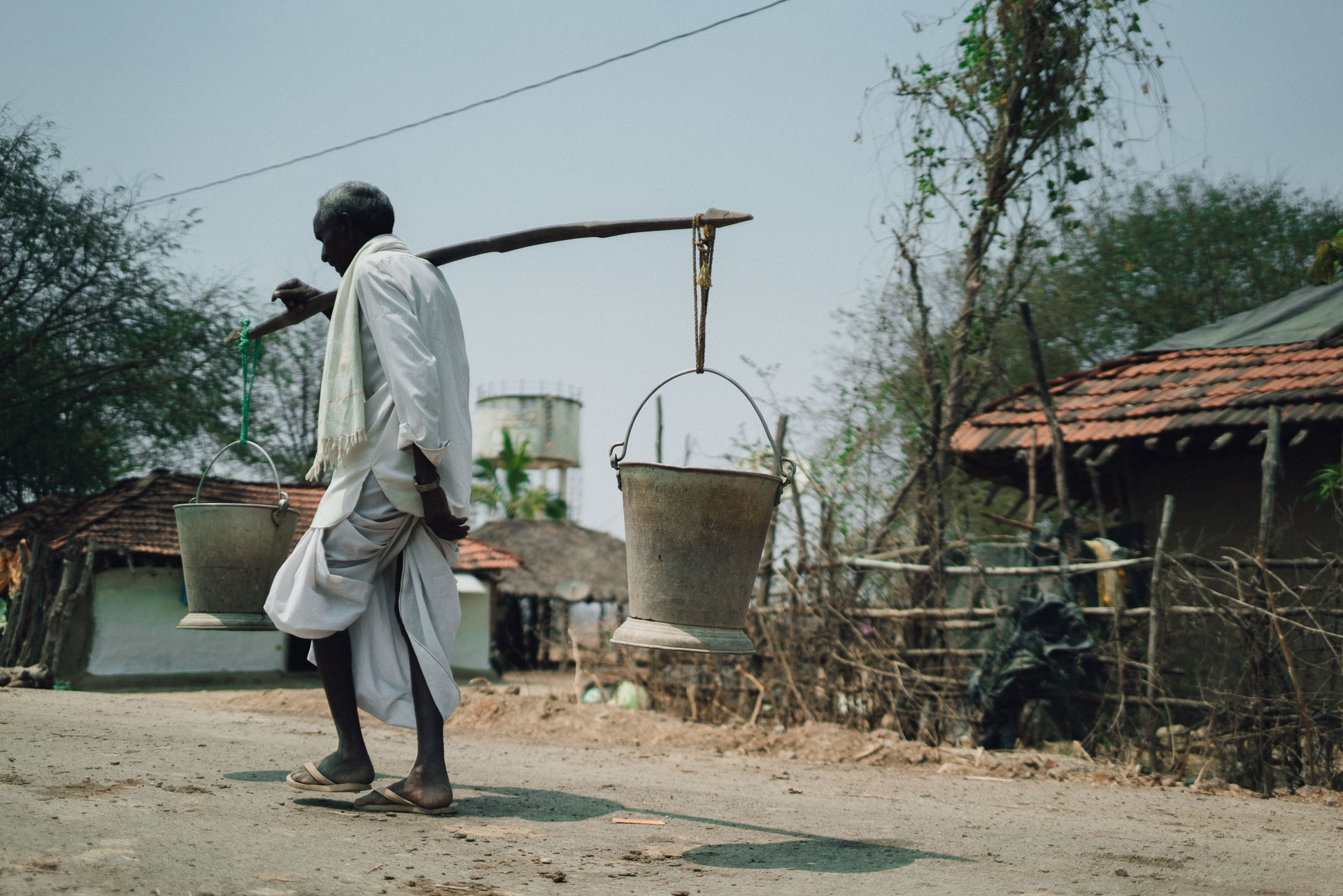
Frank Water has been working in central India for seven years, using new methods of water management to alleviate fluoride and arsenic poisoning for rural, tribal communities. This is ground breaking work and is one of the first examples of an integrated water management programme that has been focused on improving water quality as well as water quantity.
This process starts when we carry out urine testing in schools in target areas to understand where those children with the highest concentration of fluoride in their urine live. In these, most at risk communities, we’ll test water sources to identify which are most contaminated and alert the community and local government to stop them being used whilst we take action to improve water quality and quantity and reduce contamination.
Once the immediate water quality issues are addressed, we start work with our partners in-country to support local government and communities to understand where contamination is an issue and to improve the ‘water balance’ in the local area. This involves hydrological studies of the local aquifers and, crucially, community-wide workshops and meetings, where people are taught how to test their water source, helping them see the risks for themselves and understand why certain water sources are more dangerous than others. At the same time, we work with the community to understand the hydrological situation in their areas and build a water security plan (WSP) that includes measures to increase the amount of water in the underground aquifer and dilute the concentration of fluoride.
WSPs are presented to local governments for funding for infrastructure such as farm ponds, check dams and hand pumps. This method of ‘leveraging’ funding from the government for water supply, in addition to collaborating with local governments to improve understanding of water quality, has led to sustained improvements in the ‘system’ that surrounds local communities in terms of their clean water.
